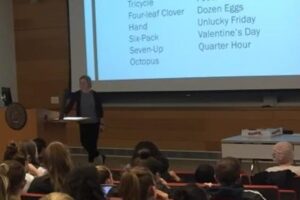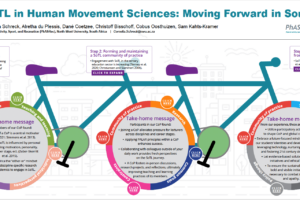
Building Trust in the Classroom: A Conceptual Model for Teachers, Scholars, and Academic Developers in Higher Education
By Peter Felten, Rachel Forsyth and Kathryn A. Sutherland
Trust is an important aspect of teaching and learning. It can positively–and negatively—affect the ways that students interact with teachers, with each other, and with knowledge. Yet the moves that teachers make in higher education classrooms to help build and sustain trustful learning environments seem to be under-researched, as we discovered when we came together for the Elon Center for Engaged Learning research seminar series on (Re)Examining Conditions for Meaningful Learning Experiences. Our three-person research team (a fourth member, Stacey McKinnon, had to leave the project after the first year), has many years of experience in teaching and researching teaching and learning across several different countries (Canada, New Zealand, Sweden, the UK, and the US) and were surprised to discover how little is written on what higher education teachers actually do that builds trust with and among students. So, we set out to investigate the role of trust in meaningful learning.
We interviewed university teachers from four different countries and asked them about trust: how they conceive of it, what role they think it plays in meaningful learning, how they cultivate trust, and what they think contributes to trustful learning environments. We are still collecting interview data, but we’ve come up with a conceptual framework for identifying and describing teacher-initiated “trust moves” in the classroom and are sharing it in this paper with the hopes of generating discussion about its potential usefulness. The framework is based on both the literature and our interviews. We hope that it will provide a practical tool for teachers to reflect on possible approaches for building trust with students in their own classrooms—and for scholars and academic developers who wish to study or support these efforts.
Fine the TLI article here.




